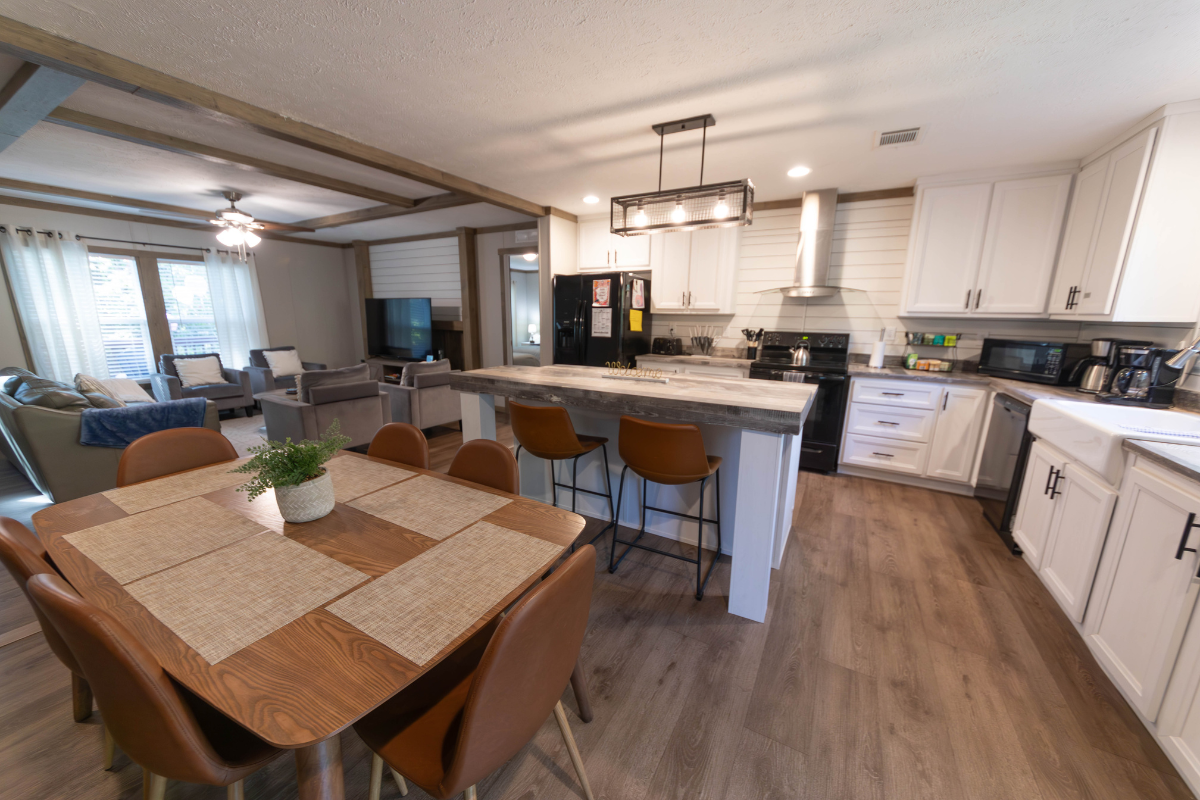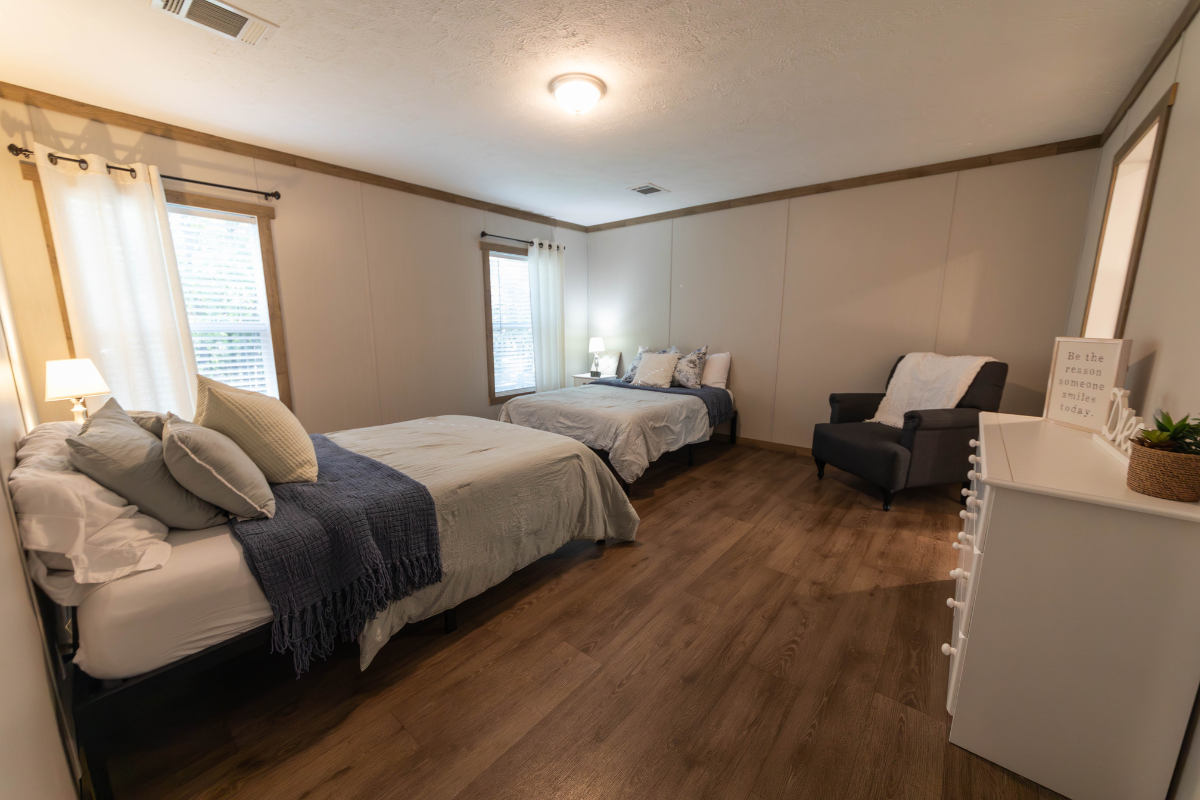Behind closed doors, millions of people silently battle cycles of bingeing and purging that chip away at them in both body and mind. Bulimia nervosa is an eating disorder that thrives in secrecy and is fueled by shame. It demands silence, even when the physical and emotional pain it causes are nearly unbearable.
Without treatment, bulimia can cause serious long-term damage to the physical body and emotional and psychological well-being. Here’s what everyone deserves to know about the potential long-term effects of this dangerous illness.
What Is Bulimia Nervosa?
Bulimia nervosa is an eating disorder marked by repeated episodes of eating large amounts of food (bingeing) followed by behaviors to “undo” any weight gain from the calories consumed, a behavior known as purging. Purging includes behaviors such as self-induced vomiting, laxative abuse, excessive exercise, or fasting.
People with bulimia often feel trapped in an exhausting cycle of secrecy and guilt. The behaviors it causes may temporarily relieve anxiety about weight or body size, but they come at a steep cost to both the body and the mind.
The Long Term Physical Effects of Bulimia
Bulimia can harm nearly every system in the body if left untreated. Some of the most serious long term effects of bulimia include:
1. Dental Erosion and Oral Health Damage
Repeated vomiting exposes teeth to powerful stomach acids. Over time, this wears away the enamel, leading to cavities, tooth sensitivity, gum disease, and even tooth loss. One study found that up to 89% of people with bulimia have signs of enamel erosion1.
2. Electrolyte Imbalance and Risks to Heart Health
Vomiting and laxative misuse drain the body of essential electrolytes like potassium and sodium. This imbalance can cause irregular heartbeats, low blood pressure, and, in severe cases, sudden cardiac arrest. Research shows that people with bulimia are up to 7.5 times more likely to die prematurely than the general population, often due to heart complications2.
3. Digestive System Damage
Frequent purging can cause chronic inflammation of the esophagus, stomach ulcers, and tears in the throat lining. Over time, some people develop gastroparesis (slowed stomach emptying) and severe constipation due to laxative abuse. Studies estimate that around 25% of people with bulimia develop chronic gastrointestinal problems that may persist even after recovery3.
4. Fertility and Bone Health Issues
Bulimia disrupts hormone levels, which can lead to irregular or absent periods (amenorrhea) in women. Long-term, this can reduce bone density, raising the risk of osteoporosis and fractures later in life.
The Long Term Psychological Effects of Bulimia
Bulimia doesn’t just harm the body — it deeply affects the mind and emotional well-being.
1. Anxiety and Depression
The shame and secrecy that come with bulimia often fuel severe anxiety and depression. One meta-analysis found that over 70% of people with bulimia also struggle with mood disorders or anxiety disorders4.
2. Social Isolation
Hiding bingeing and purging behaviors can cause intense loneliness. Many people with bulimia feel disconnected from family and friends, which worsens feelings of unworthiness and makes it harder to reach out for help.
3. Cognitive Effects
Chronic malnutrition and electrolyte imbalances can affect concentration, memory, and decision-making, making work, school, or daily life feel overwhelming.
Hope for Healing with Effective, Evidence-Based Treatment
The long term health risks of bulimia are real, but so is recovery. The earlier an individual with bulimia receives treatment, the more likely they are to fully heal and avoid permanent health damage.
Which therapies work best in the treatment of bulimia nervosa?
Cognitive Behavioral Therapy
Cognitive behavioral therapy (CBT) is the gold standard for treating bulimia. It helps people understand the thoughts and triggers that lead to bingeing and purging and teaches healthier coping skills.
Nutritional Counseling
Working with a registered dietitian can help rebuild a balanced relationship with food and restore the body’s natural hunger cues.
Medical Support
Medical monitoring and treatment is often necessary to address health problems, like electrolyte imbalances and malnutrition, that are common in bulimia nervosa. Medical stabilization is an important first step in treatment and recovery.
Family Therapy
Research shows that family therapy is effective in the treatment of bulimia, particularly in teenagers. Family-Based Treatment (FBT) and other family therapy approaches can improve recovery rates and reduce the risk of relapse compared to individual therapy alone.
Group Therapy
Group therapy and support groups can help individuals feel less alone, keep them accountable in recovery, and give them hope and inspiration through others’ recovery journeys.
The effects of bulimia can be serious, but no one has to face them alone. Recovery is possible with the right treatment, and you deserve the support, compassion, and specialized care you need to heal.
Magnolia Creek is dually licensed to treat eating disorders and a multitude of co-occurring disorders. We tailor our treatment plans to individual needs and goals while empowering every client in our care to embrace recovery with resilience and independence.
Sources
- Mitchell JE et al. Dental erosion & bulimia. Int J Eat Disord, Vol. 41.
- Crow SJ et al. Mortality risk in bulimia. Arch Gen Psychiatry, Vol. 66.
- Monteleone P et al. GI complications in bulimia. Eat Weight Disord, Vol. 19.
- Hudson JI et al. Mood disorders & bulimia. Psychol Med, Vol. 38.














































